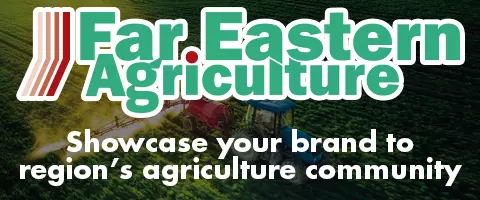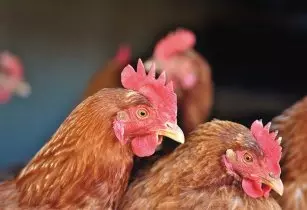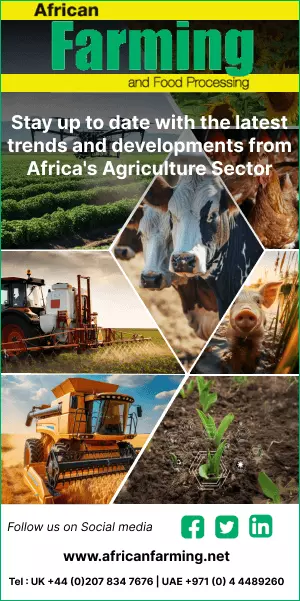Charoen Pokphand Foods PLC (CPF) said it is supporting Thailand’s Department of Livestock Development’s planned new standard on cage-free farming practices
CPF uses the Wang Somboon farm as a pilot project and is prepared to share knowledge of human husbandry for laying hens with farmers.
Somkid Wannalukkhee, CPF’s senior vice-president for egg business, said that farming was an integral part of CPF and that it focused on providing safe food for consumers and addressing the increasing global demand for animal welfare products.
In this regard, the Wang Somboon farm in the province of Saraburi, the central part of Thailand, was turned into a pilot cage-free farm in 2018, with a plan to develop corporate practises that will be replicated in other farms. CPF has exchanged its views with Thailand’s Department of Livestock Development (DLD), which is developing a new standard so that Thai farmers can meet consumer demand
“Once the cage-free standard is officially promulgated, Thailand’s egg products will enjoy greater trade and marketing opportunities particularly when it concerns premium restaurants and leading modern trade channels thanks to their policy and increasing demand for cage-free eggs as well as their concrete push for animal welfare products. This will enhance laying-hen raisers’ competitiveness,” Somkid said.
For the Wang Somboon farm, CPF applied the European cage-free standard. The closed chicken house has a low stocking density of seven laying hens per square metre compared to a general standard of up to nine hens per square metre.
Environmental enrichments also allow the chicken to freely express their behaviour. They can recline on perches. The flooring allows for ferretting and self-cleaning. The house is equipped with an egg-laying spot as well as the automatic control system for lighting, temperature, and air ventilation.
The cage-free farm also uses a computerised production system: eggs are automatically transferred from the laying spot to the stock room. In contrast, the sanitary and biosafety system of the farm is controlled in accordance with the guidelines for Biosecurity Hi-tech Farming. Disease carriers such as rats, lizards and insects are kept out of the farm, while environmental contamination is prevented.
Aside from this, F100 egg-laying hens from CPF are chosen for the farm. To promote health and natural growth, a wholegrain feed meal was developed. Thus cage-free eggs from other farms are fresher than the eggs. They do not give off a foul odour, while the yolks of the eggs are fresh orange. Thus the eggs contain high quality and nutritional values for the good health of consumers.
Wang Somboon farm is not only a pilot project for cage-free farming at CPF but also a learning centre where farmers can study and exchange experiences to improve cage-free farming practises and add value to Thailand’s agricultural products in a sustainable manner.





